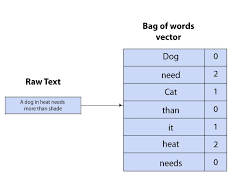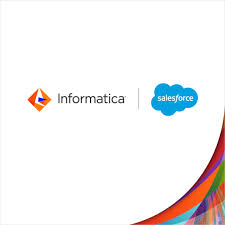Salesforce is directly challenging Microsoft in the growing battle of AI copilots, which are designed to enhance customer experience (CX) across key business functions like sales and support. In this competitive landscape, Salesforce is taking on not only Microsoft but also major AI rivals such as Google Gemini, OpenAI GPT, and IBM watsonx. At the heart of this strategy is Salesforce Agentforce, a platform that leverages autonomous decision-making to meet enterprise demands for data and AI abstraction.
Salesforce Dreamforce Highlights
One of the most significant takeaways from last month’s Dreamforce conference in San Francisco was the unveiling of autonomous agents, bringing advanced GenAI capabilities to the app development process. CEO Marc Benioff and other Salesforce executives made it clear that Salesforce is positioning itself to compete with Microsoft’s Copilot, rebranding and advancing its own AI assistant, previously known as Einstein AI.
Microsoft’s stronghold, however, lies in Copilot’s seamless integration with widely used products like Teams, Outlook, PowerPoint, and Word. Furthermore, Microsoft has established itself as a developer’s favorite, especially with GitHub Copilot and the Azure portfolio, which are integral to app modernization in many enterprises.
“Salesforce faces an uphill battle in capturing market share from these established players,” says Charlotte Dunlap, Research Director at GlobalData. “Salesforce’s best chance lies in highlighting the autonomous capabilities of Agentforce—enabling businesses to automate more processes, moving beyond basic chatbot functions, and delivering a personalized customer experience.”
This emphasis on autonomy is vital, given that many enterprises are still grappling with the complexities of emerging GenAI technologies. Dunlap points out that DevOps teams are struggling to find third-party expertise that understands how GenAI fits within existing IT systems, particularly around security and governance concerns. Salesforce’s focus on automation, combined with the integration prowess of MuleSoft, positions it as a key player in making GenAI tools more accessible and intuitive for businesses.
Elevating AI Abstraction and Automation
Salesforce has increasingly focused on the idea of abstracting data and AI, exemplified by its Data Cloud and low-level UI capabilities. Now, with models like the Atlas Reasoning Engine, Salesforce is looking to push beyond traditional AI assistants. These tools are designed to automate complex, previously human-dependent tasks, spanning functions like sales, service, and marketing.
Simplifying the Developer Experience
The true measure of Salesforce’s success in its GenAI strategy will emerge in the coming months. The company is well aware that its ability to simplify the developer experience is critical. Enterprises are looking for more than just AI innovation—they want thought leadership that can help secure budget and executive support for AI initiatives. Many companies report ongoing struggles in gaining that internal buy-in, further underscoring the importance of strong, strategic partnerships with technology providers like Salesforce.
In its pursuit to rival Microsoft Copilot, Salesforce’s future hinges on how effectively it can build on its track record of simplifying the developer experience while promoting the unique autonomous qualities of Agentforce.













